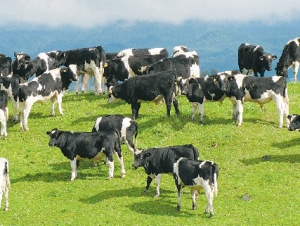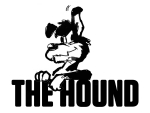The environment is one of the biggest issues facing sheep and beef farmers, says the northern Beef + Lamb NZ farmer council chairman Andrew McKenzie.
Regional councils must have a plan in place by 2025 to maintain or improve fresh water in their regions, McKenzie says, in his annual report.
"It is important that sheep and beef farmers are heard and understood," he says.
Farmers need to understand the changes and the farmer council needs to advocate on their behalf.
Each region faces its own complexities. BLNZ has added a fulltime environment position in both islands. It also has environment 'champions' for each farmer council.
"We work in partnership with two councils – Auckland Council and Northern Regional Council – to seek a collaborative approach to land environment plans," McKenzie says.
Both councils have seen this as a benefit and have agreed to fully fund land and environment plans in both regions.
McKenzie also says another new initiative has been collaborative industry-good dinners attended by at least 100 people.
The aim is to encourage people in remote districts to come out and interact with each other. Those who helped organise and donate their time included BLNZ, Dairy Women's Network, Fonterra, the Rural Support Trust, Primary ITO, WorkSafe NZ and FMG. More dinners are planned.











